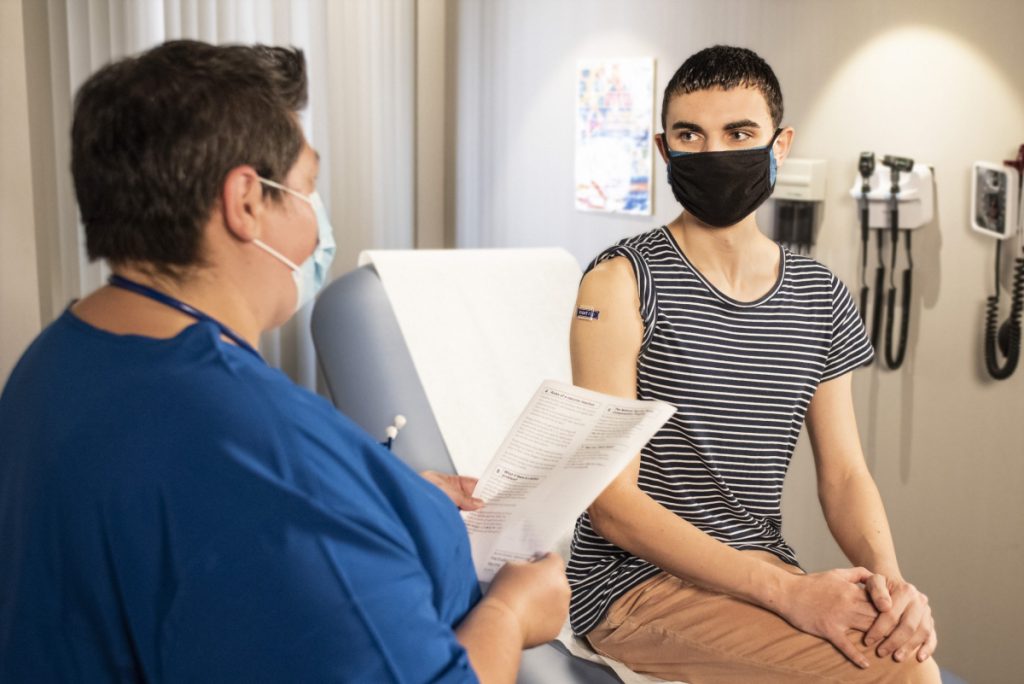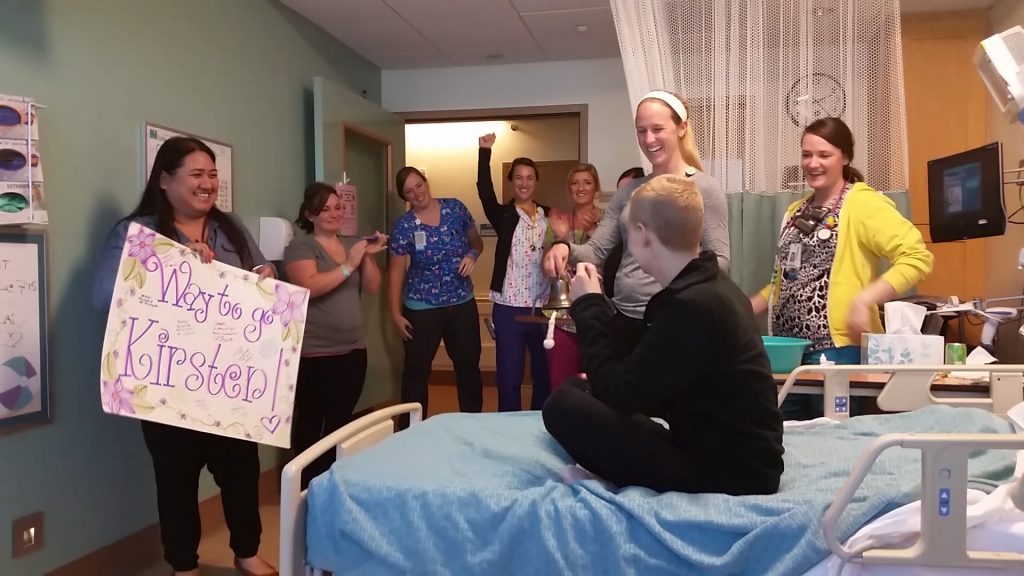Survivor’s guilt is a complex psychological phenomenon that can arise in individuals who have survived traumatic events, such as cancer. It encompasses a range of emotions, including guilt, shame, and self-blame, experienced by those who have come through a harrowing ordeal while others did not.
The Unique Challenges Faced by Cancer Survivors
Cancer survivors often find themselves grappling with survivor’s guilt in various ways. They may feel an overwhelming sense of guilt for receiving treatment and ultimately surviving, while others who had the same diagnosis were not as fortunate. Moreover, they may experience guilt for moving forward with their lives while witnessing fellow patients still dealing with their illness. They may also feel guilty for being a burden on their family and children, that continues even though they have survived. These feelings of guilt can lead to a profound sense of isolation, depression, and anxiety.
The Ripple Effect: Survivor’s Guilt in Support Community Members
It’s important to recognize that survivor’s guilt is not exclusive to cancer patients. Even individuals who support cancer survivors, such as their family and friends, can also experience this guilt. They may find themselves burdened by guilt for not having faced the same struggles as the survivor or for not being able to fully comprehend and support them. They may also feel guilty that their loved one survived while other patients they met during the experience have not.
Recognizing the Signs: Identifying Survivor’s Guilt
Identifying the signs of survivor’s guilt can be challenging, as they may manifest differently in each individual. However, there are certain common indicators to watch out for. These include persistent feelings of guilt or shame, a sense of isolation from others, depression, and anxiety.
Seeking Support: Coping Strategies for Survivor’s Guilt
Coping with survivor’s guilt requires seeking support from reliable sources such as friends, family, or a therapist. Opening up about your feelings and experiences can help you process and gain a better understanding of them. It is crucial to prioritize self-care and engage in activities that bring you joy and relaxation. Remember, it is normal to experience a range of emotions and feelings about your survival, and it is vital to grant yourself the time and space needed to navigate through them.
Moving Forward Together
It is essential to understand that survivor’s guilt is a natural response to trauma and you are not alone in your feelings of guilt. Seeking the support of loved ones, practicing self care, and processing your feelings with the help of a professional counselor or therapist are all effective strategies to help work through these feelings and move forward.
By acknowledging and understanding survivor’s guilt, we can provide the necessary support and resources to help survivors and their support networks cope with the aftermath. Remember, you are not alone, and with the right tools and assistance, it is possible to move toward a brighter future.


